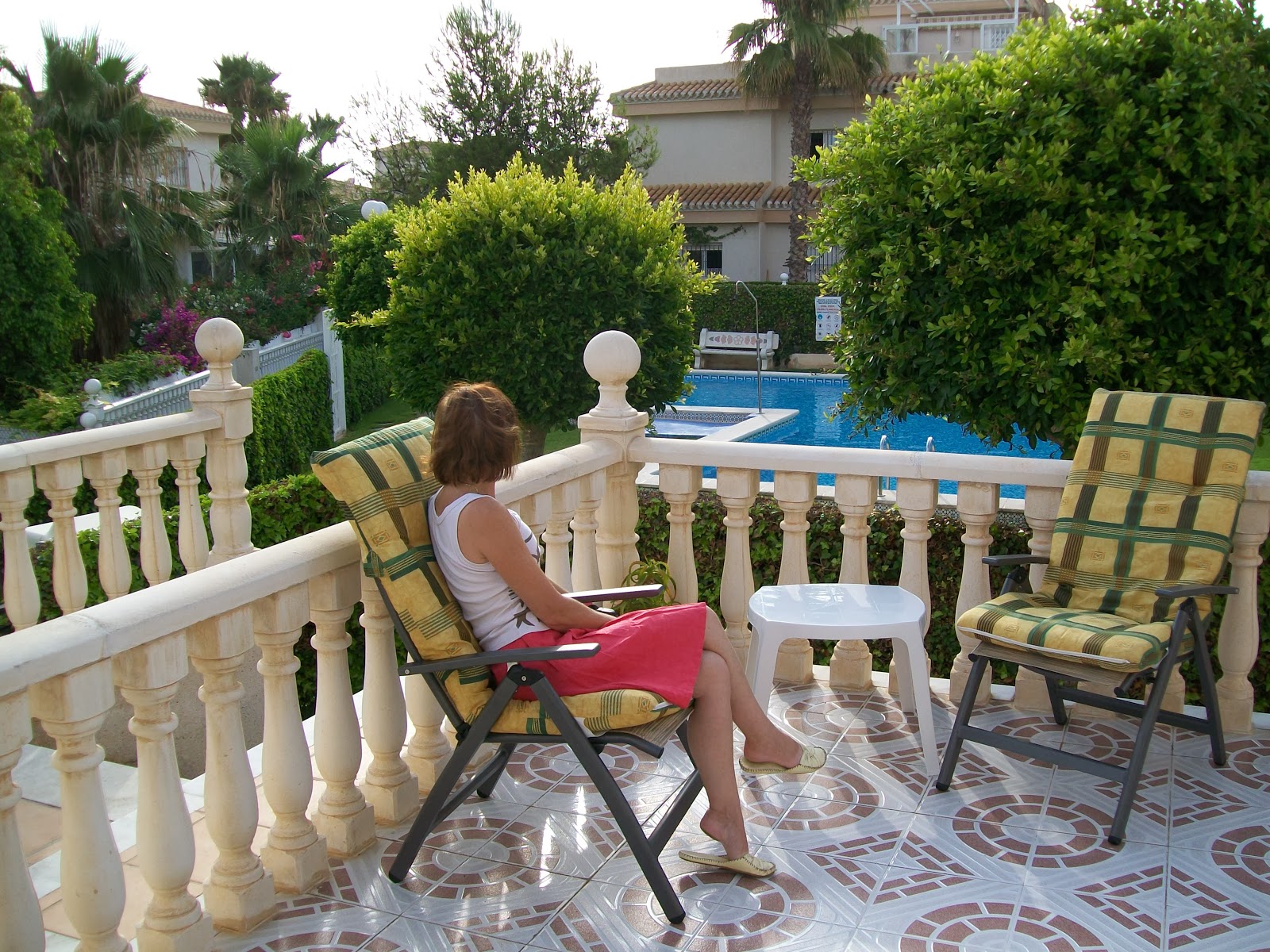The cost of renting out your property in Spain
First we need to mention that as each region is autonomous
there are different rules in some regions.
For instance, currently the Canaries, Balearics and Catalonia
The first, and perhaps most obvious cost, is that of
advertising. In this day and age the
vast majority of bookings will come from having and on-line presence. You don’t need to spend hundreds of pounds on
a fancy web site and then hundreds more on SEO work. Use a couple of the big companies advertising
holiday homes on line. Decide which ones
to use by making your own searches under ‘Spanish holiday lettings’ or ‘villas
to rent in Spain
Setting your rental rates is always tricky. Be realistic about the rates you charge. The best guide is to take the average rates of properties very similar in size, style and location to your own by checking out several web sites. Ideally the amount of the twelve high season weeks’ rentals will need to total the same as your annual mortgage payments, but this is not always possible if you have a large mortgage or use the property yourself during the high season weeks. The rest of the rentals should then cover the bills. It is unlikely that your rentals will also cover your tax costs if you have a large mortgage.
Setting your rental rates is always tricky. Be realistic about the rates you charge. The best guide is to take the average rates of properties very similar in size, style and location to your own by checking out several web sites. Ideally the amount of the twelve high season weeks’ rentals will need to total the same as your annual mortgage payments, but this is not always possible if you have a large mortgage or use the property yourself during the high season weeks. The rest of the rentals should then cover the bills. It is unlikely that your rentals will also cover your tax costs if you have a large mortgage.
Insurance is another important area often overlooked. Take out a specialist insurance policy with a
When you receive an enquiry via one of the websites, contact the people as soon as you can, preferably that day. Remember you do not have to let your property to anyone you don’t like! You may decide to refuse groups of people under 25 years old, or students, and we would recommend you do not accept parties where they are all under 18 years old.
Once you are happy with your prospective client send a booking form. On this set out the basics for your contract – the name and address of the booking client, names and addresses of all party members, the ages of those under 18, the arrival and departure dates and provisional times, the rental, the deposit, the date when the rental is due, any compulsory extras, (such as cleaning fee), and optional extras, (such as airport transfers). You also need to have a cancellation policy. Generally there is a deposit payable on booking to secure the dates, the balance of the rental plus the key deposit should be paid 8 weeks before the holiday. The key deposit is returned to the guest within 14 days of the end of their stay, but this can be subject to damage deductions, which must be justifiable if made and with proof. Regarding the contract itself, there are some good pro-former ones available from some of the larger advertising web sites that can be adapted for your own use. A contract is essential, not optional.
If you have bought your holiday home for personal use rather
than pure investment potential, then the most important factor is to enjoy your
holiday home!
www.house-by-the-pool.com
www.spanishdreamproperty.com
www.house-by-the-pool.com
www.spanishdreamproperty.com









No comments:
Post a Comment